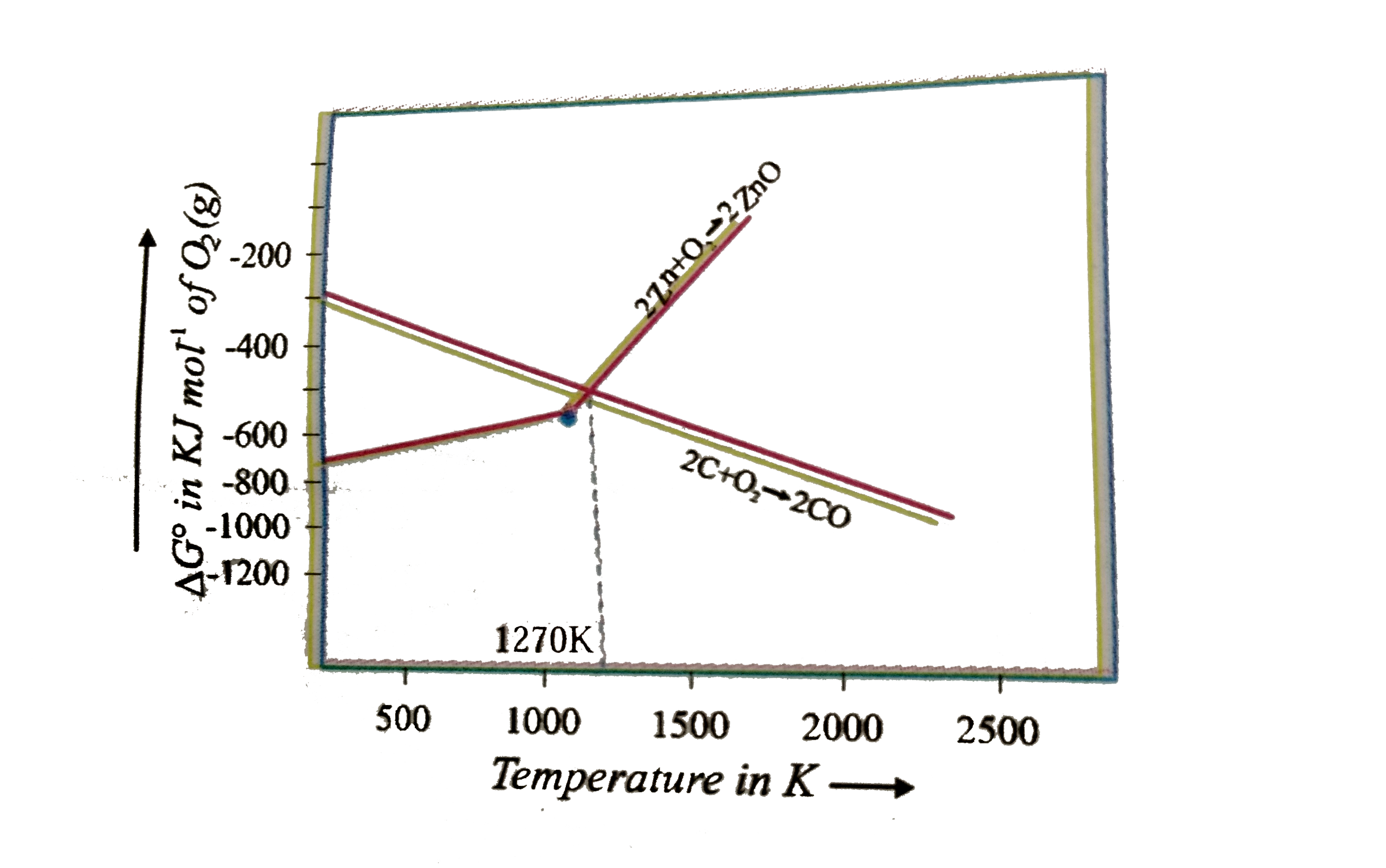The correct statement(s) regarding defects in solids is (are)
A
Frenkel dectes are usually favoured by a very small difference in the size of the cation and anion
B
Frenkel defect is dislocation defect
C
Trapping of an electron in the lattice leads to the formation of F-centre
D
Schottky defects have no effect on the physical properties of solids
Video Solution
Text Solution
Frenkel defect is also called dislocation defect because smaller ions are dislocated from their lattice sites into the interstitial sites. Hence, (b) is correct. Trapping of an electron leads to be formation of F -centre . Hence (c ) is correct.
|
Updated on:21/07/2023
Topper's Solved these Questions
Similar Questions
Knowledge Check
- Question 1 - Select One
The correct statements regarding defects in solids are
AFrenkel defect is usually favoured by a very small difference in the sizes of cation an anionBFrenkel defect is a dislocation defectCtrapping of an electron in the lattice leads to the formation of F-centerDSchottly defects have no effect on the physical properties of solids. - Question 2 - Select One
The correct statement regarding defects in solids is
AFrenkel defect is usually favoured by a very small difference in the sizes of cation and anionBFrenkel defect is a dislocation defectCtrapping of protons in the lattice leads to the formation of F-centreDSchottky defects increase the density of crystal solids. - Question 3 - Select One
The correct statement(s) regarding defects in solids is (are)
AFrenkel defects are usually favoured by a very small differences in the sizes of the cation and anionBFrenkel defect is a dislocation defectCTrapping of an electron in the lattice leads to the formation of F-centreDSchottky defects have no effect on the physical properties of solids
The correct statement regarding defects in crystalling solids.
View SolutionThe correct statement regarding defects in crystalline solids is
View SolutionCorrect statement(s) regarding the graph
 View Solution
View SolutionCorrect statement(s) regarding the graph
 View Solution
View SolutionThe correct statement regarding defects in crystalling solids.
View Solution

